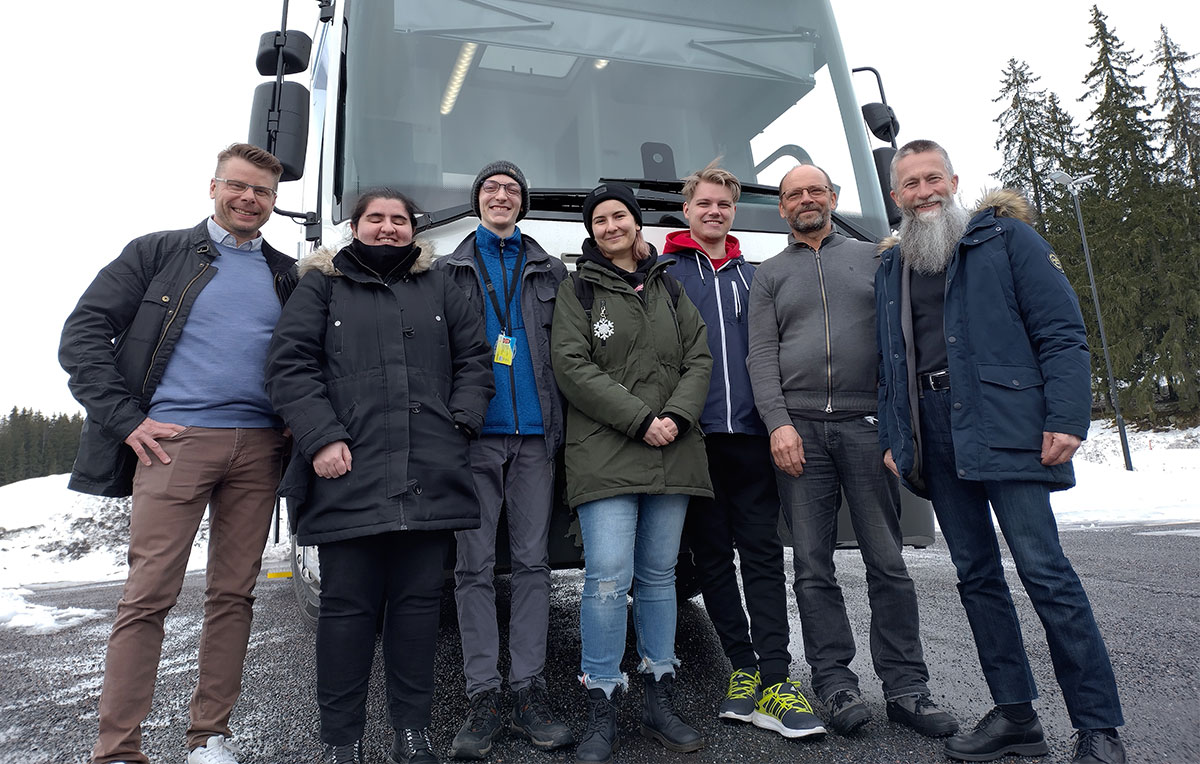Are mobile services the answer to the challenges of healthcare service accessibility? If you ask Kiitokori Oy, a special vehicle manufacturer with customers in Finland and abroad, the answer is yes. Developing and manufacturing special vehicles, such as mobile daycare centres and vehicles for the healthcare and security industries, are the company’s business activities. Marketing Manager Olli Aarnio considers the company’s expansion to mobile healthcare units to be a natural development:
“Imagine if we could take ophthalmology services to where people live or park a mobile dental clinic in front of a school. In other words, imagine if we could take services to where the people are. We provide vehicles of different sizes for different purposes, so adding mobile healthcare units to our portfolio was easy.”
According to Aarnio, the discourse on service networks is shifting from closing existing healthcare units to introducing mobile services. He emphasises that the size and equipment of a mobile healthcare unit are determined by the need for services. For individual special services, a vehicle the size of a van is enough for the unit, whereas larger teams will need a vehicle the size of a bus or a trailer. Providing services through mobile services is efficient, as one unit can serve several locations in one day.
The results of a study conducted in Norway showed that mobile breast screening units visiting different villages have significantly increased the service coverage. Being sparsely populated, Finland could adopt similar mobile units for the provision of various healthcare services. Sales Manager Janne Katajainen stresses that people expect efficient and accessible healthcare services:
“Kiitokori has Finnish expertise ready to be harnessed to produce next-generation solutions. We urge decision-makers to seize the opportunities provided by mobile healthcare units.”
Providing a realistic vision of future mobile healthcare units
Students of LAB University of Applied Sciences have visualised what a mobile daycare centre could look like. The end result was an adventurous world for children where almost everything can happen. Now, the students have been tasked with visualising a mobile healthcare unit. Principal Lecturer Ari Känkänen explains that the objective is crystal clear for the students of interior architecture, healthcare and industrial design:
“Our task is to visualise a mobile healthcare unit of tomorrow which is still realistic and possible to manufacture.”
The project carried out by LAB University of Applied Sciences provides Kiitokori with valuable information that will come in handy in the development of mobile healthcare units.


